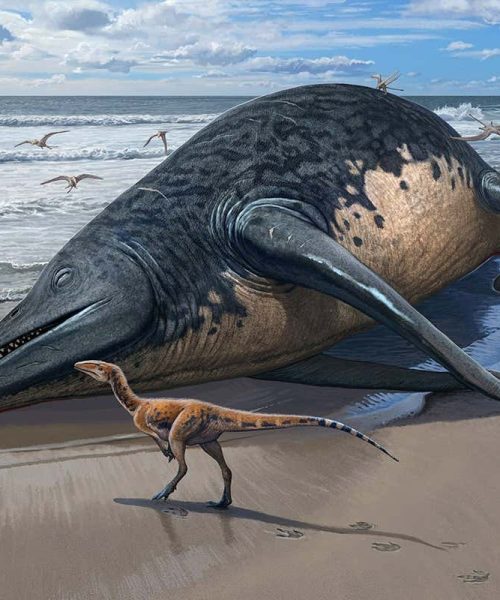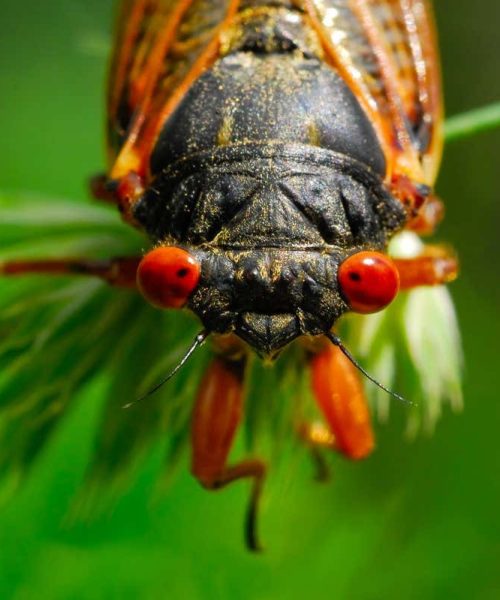Fifteen turtles have been stranded in the UK and Ireland since November, a high number attributed to stormy weather in the US and Caribbean

A juvenile loggerhead turtle washed up in Cardigan Bay, Wales
Melvin Grey/naturepl.com
This winter has seen a surge in the number of turtles stranded on beaches across the UK and the Republic of Ireland, according to the Marine Conservation Society (MCS).
Since November, a total of 15 turtles, including loggerheads (Caretta caretta) and a rare Kemp’s ridley turtle (Lepidochelys kempii), have washed up on British and Irish shores. This is a much higher figure than normal, with only four to six strandings typically recorded between November and February each year.
The MCS says the turtles were probably diverted from their native waters along the US and Carribbean coast during storms and then carried on ocean currents across the Atlantic Ocean.
Advertisement
All the individuals have been relatively small juveniles who would have struggled to fight the strong winds and currents, according to the MCS. Most were found stranded on beaches in south-west England, with the furthest north being in Anglesey in north Wales.
The growing frequency and intensity of tropical storms, fuelled by climate change, could be a factor in the strandings, says Amy Pilsbury at the MCS.
Last year, Florida and the Bahamas were battered by Hurricane Ian and Hurricane Nicole, which together caused billions of dollars of damage to infrastructure and property.
Only one turtle species, the leatherback (Dermochelys coriacea), is suited for chilly UK waters and can regularly be spotted around British coastlines in the summer months. But stranded species like the loggerhead struggle to cope with colder temperatures.
While some of the turtles were found alive and have been rescued for rehabilitation, at least nine have died. “Once they reach our waters, they will likely go into cold water shock, because it’s outside of their normal temperature range,” says Pilsbury.
The MCS is urging the public to keep a watchful eye for turtles as more strandings could occur over the coming weeks. The faster a turtle is rescued, the greater its chances of survival.
Sign up to Wild Wild Life, a free monthly newsletter celebrating the diversity and science of animals, plants and Earth’s other weird and wonderful inhabitants
More on these topics:





